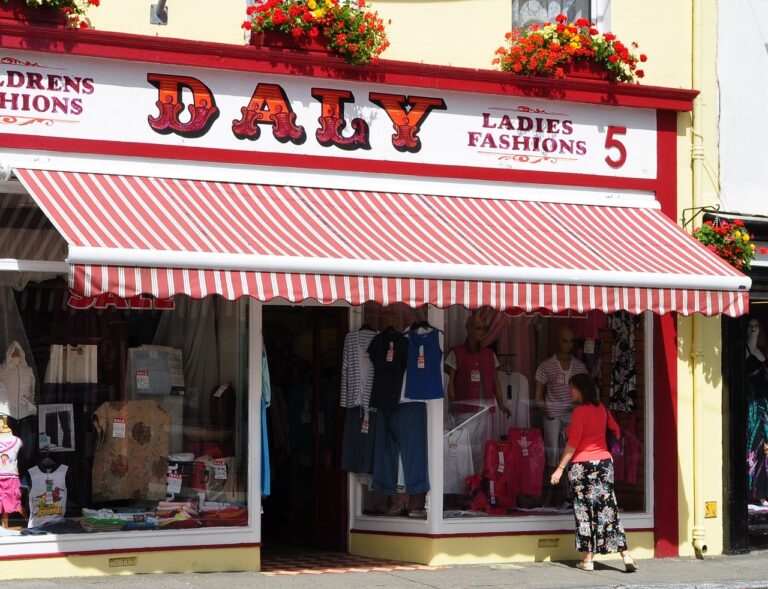Sustainable Fashion Initiatives: Ethical Sourcing, Fair Trade Practices, and Transparency
The fashion industry faces constant pressure to keep up with rapidly changing trends and consumer demands. With the rise of fast fashion, companies are under immense pressure to produce high volumes of clothing at an alarming pace, leading to environmental concerns and unsustainable practices. This constant need for new collections also puts a strain on resources and can lead to overproduction and waste.
Furthermore, the fashion industry grapples with issues of labor exploitation and poor working conditions in many factories and production facilities. This unethical treatment of workers not only tarnishes the industry’s reputation but also raises questions about the cost of cheap and trendy clothing. Balancing the need for affordable clothing with ethical considerations remains a significant challenge for many fashion companies.
Impact of Unethical Sourcing
Unethical sourcing in the fashion industry is a prevalent issue that continues to raise concerns among consumers and stakeholders alike. When brands prioritize cost-cutting measures over ethical practices, it often results in exploitative working conditions, child labor, and environmental degradation. These unethical practices not only harm the reputation of companies but also contribute to social injustices and perpetuate unsustainable production processes.
Moreover, the impact of unethical sourcing extends beyond the immediate consequences on workers and the environment. It also erodes consumer trust and loyalty in the brand, leading to potential boycotts and negative publicity. As more information about supply chain practices becomes accessible to the public, consumers are increasingly demanding transparency and accountability from companies, putting pressure on the fashion industry to reassess its sourcing methods and prioritize ethical standards.
Benefits of Fair Trade Practices
One significant advantage of fair trade practices in the fashion industry is the empowerment of marginalized communities. By ensuring fair wages and safe working conditions for workers in developing countries, fair trade allows these individuals to improve their quality of life and break the cycle of poverty. This empowerment creates a ripple effect, leading to increased economic stability and ultimately fostering stronger communities.
Additionally, fair trade practices promote sustainability within the fashion industry. By prioritizing ethical production processes that minimize environmental impact, fair trade allows for the creation of eco-friendly and socially responsible products. This not only benefits the planet by reducing pollution and waste but also appeals to an increasingly conscientious consumer base seeking environmentally-friendly products.
What are some challenges faced in the fashion industry related to fair trade practices?
Some challenges in the fashion industry include exploitation of workers, poor working conditions, and environmental degradation due to unethical sourcing practices.
How does unethical sourcing impact the fashion industry?
Unethical sourcing can lead to human rights violations, environmental damage, and a lack of transparency in the supply chain, ultimately tarnishing the reputation of fashion brands.
What are the benefits of fair trade practices in the fashion industry?
Fair trade practices promote ethical sourcing, improve working conditions for workers, ensure fair wages, support sustainable production methods, and enhance transparency in the supply chain.







